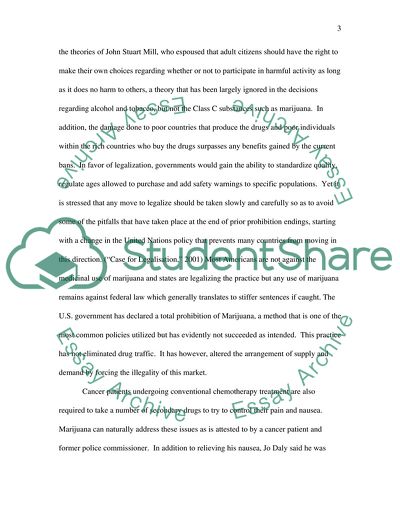Cite this document
(Illegal Drugs Becoming Legal in the US Research Paper, n.d.)
Illegal Drugs Becoming Legal in the US Research Paper. Retrieved from https://studentshare.org/law/1738139-illegal-drugs-becoming-legal-in-the-us
Illegal Drugs Becoming Legal in the US Research Paper. Retrieved from https://studentshare.org/law/1738139-illegal-drugs-becoming-legal-in-the-us
(Illegal Drugs Becoming Legal in the US Research Paper)
Illegal Drugs Becoming Legal in the US Research Paper. https://studentshare.org/law/1738139-illegal-drugs-becoming-legal-in-the-us.
Illegal Drugs Becoming Legal in the US Research Paper. https://studentshare.org/law/1738139-illegal-drugs-becoming-legal-in-the-us.
“Illegal Drugs Becoming Legal in the US Research Paper”, n.d. https://studentshare.org/law/1738139-illegal-drugs-becoming-legal-in-the-us.


